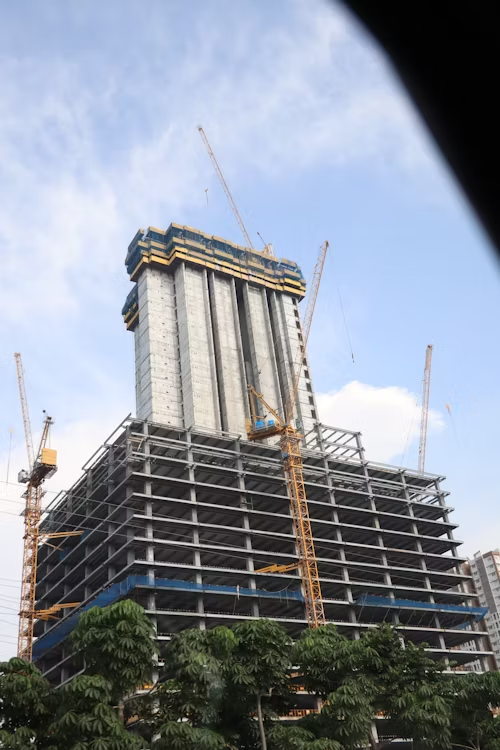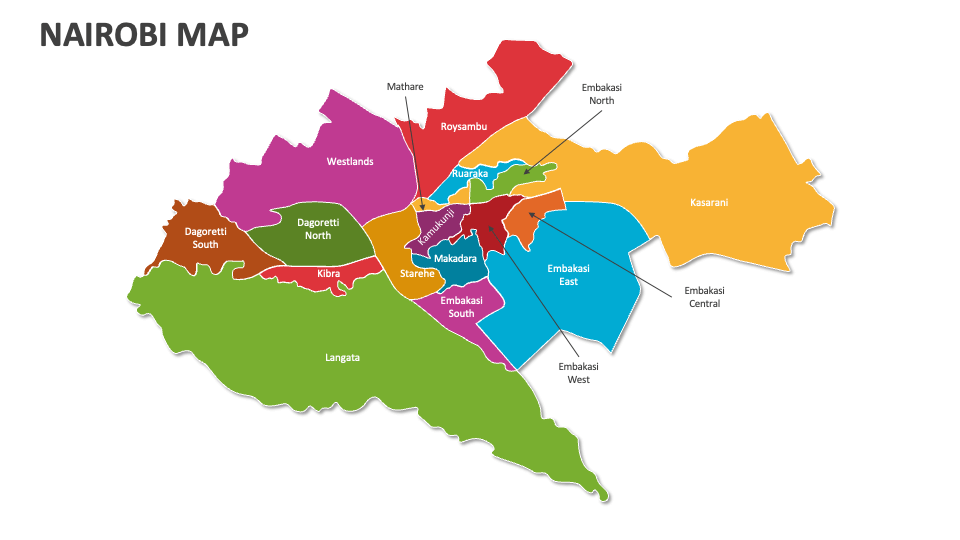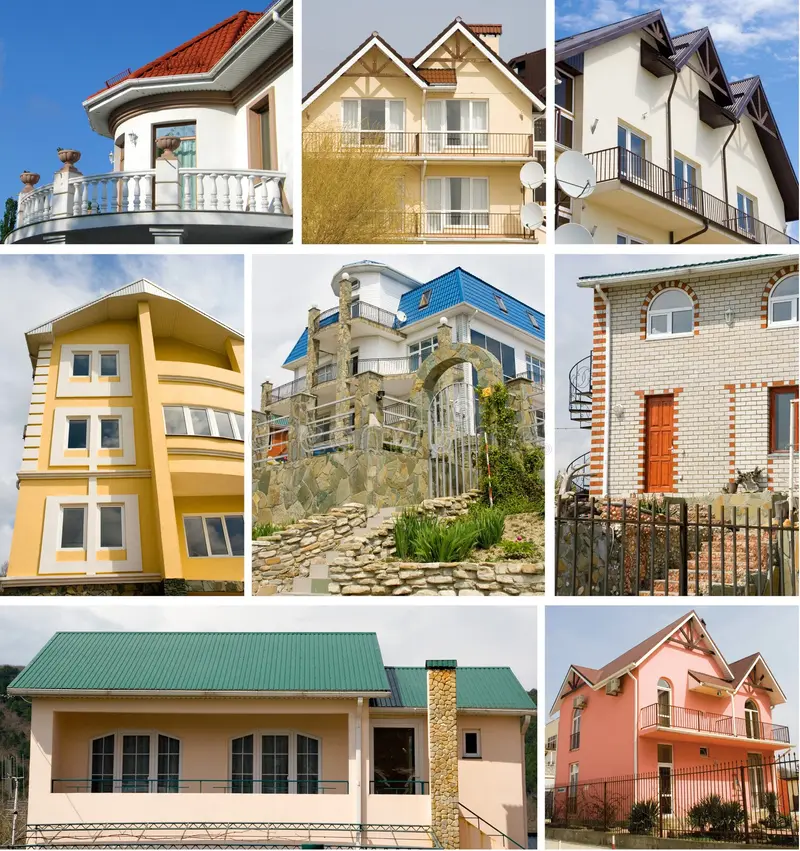Why Invest in Nairobi Real Estate?
Nairobi is not only Kenya’s political and economic hub but also a center for innovation, technology, and commerce. Known as the “Silicon Savannah,” it attracts global tech companies and entrepreneurs, increasing demand for housing and commercial spaces.
Key Reasons to Invest:
- Rising population and urban migration
- Government investments in transport (e.g., expressways, railways)
- High rental demand from professionals and expatriates
- Steady appreciation in property values
- Favorable land ownership laws for foreigners (leasehold up to 99 years)

Top Neighborhoods for Real Estate Investment in Nairobi
Location plays a crucial role in determining property value and rental yield. Here are some of the best areas to invest in Nairobi:
1. Westlands
A vibrant commercial and residential area popular with young professionals and expats.
2. Lavington
Upscale neighborhood known for high-end apartments and townhouses with strong resale value.
3. Kilimani
Affordable yet well-connected area ideal for mid-range residential investments.
4. Karen
Upmarket suburb offering luxury homes and stable long-term appreciation.
5. Runda
Exclusive gated community preferred by diplomats and high-net-worth individuals.
6. Muthaiga & Mlolongo
Emerging hotspots with affordable housing and good future development plans.

Types of Real Estate Investments in Nairobi
There are several ways to invest in Nairobi’s property market depending on your budget and goals.
1. Residential Properties
Includes apartments, duplexes, and single-family homes. Ideal for steady rental income.
2. Commercial Properties
Offices, retail shops, and mixed-use developments offer higher returns but require more capital.
3. Land Banking
Buying undeveloped plots in emerging areas for long-term appreciation.
4. Fixer-Uppers
Properties needing renovation sold at lower prices — investors buy, upgrade, and resell or rent.

How to Start Investing in Nairobi Real Estate
Follow these steps to begin your real estate investment journey in Nairobi:
Step 1: Define Your Investment Goals
Are you investing for:
- Monthly rental income?
- Long-term appreciation?
- Short-term flipping?
Your goal will determine your strategy and property type.
Step 2: Choose the Right Location
Focus on areas with:
- Good infrastructure
- Proximity to schools, hospitals, and shopping centers
- Future development plans by the government or private developers
Step 3: Set a Realistic Budget
Include:
- Property price
- Legal fees and stamp duty
- Registration costs
- Renovation or furnishing expenses
Beginners can start small with studio flats or shared housing units.
Step 4: Explore Financing Options
You can fund your investment through:
- Personal savings
- Bank mortgages (offered by Housing Finance, Co-op Bank, Stanbic)
- Crowdfunding platforms like Jamii Housing
- Joint ventures or partnerships

Legal Process of Buying Property in Nairobi
Understanding the legal framework ensures a smooth and secure transaction.
Steps Involved:
- Find a Property – Use platforms like Realestate.co.ke or work with a licensed agent.
- Conduct Due Diligence – Verify title deeds, check for encumbrances, and confirm ownership.
- Sign a Sale Agreement – A preliminary contract outlining terms.
- Pay Deposit – Usually 10% of the total price.
- Apply for Transfer – Submit forms at the Lands Office and pay required fees.
- Wait for Registration – Takes approximately 3–6 months.
Always involve a licensed conveyance lawyer to handle documentation and ensure compliance.

Rental Market and Returns in Nairobi
Nairobi offers competitive rental yields, especially in popular neighborhoods.
Average Monthly Rents (as of 2025):
- Westlands: Studio apartment – KES 20,000 to KES 30,000
- Lavington: 2-bedroom apartment – KES 40,000 to KES 60,000
- Kilimani: 1-bedroom flat – KES 18,000 to KES 25,000
If managing properties remotely, consider hiring a property management company to help with tenant screening, rent collection, and maintenance.
Common Mistakes to Avoid When Investing in Nairobi
Avoid these pitfalls to protect your investment:
❌ Buying without verifying title deeds
❌ Ignoring hidden costs like service charges and taxes
❌ Investing solely based on hearsay
❌ Over-leveraging with too much debt
❌ Failing to plan for vacancies or repairs
Frequently Asked Questions
Can foreigners invest in real estate in Nairobi?
Yes, foreigners can lease property for up to 99 years. Freehold ownership is restricted to Kenyan citizens.
Is real estate a good investment in Nairobi?
Yes, especially in well-connected neighborhoods where demand exceeds supply and rental yields are favorable.
What is the average return on real estate investment in Nairobi?
It ranges between 4% and 8%, depending on location and property type.
Conclusion
Real estate investment in Nairobi offers excellent opportunities for wealth creation and passive income. Whether you’re buying your first apartment or expanding into commercial property, following the steps outlined in this guide will help you make informed decisions and avoid costly mistakes.
With careful planning, research, and strategic execution, real estate can be a powerful tool for building long-term financial security in Nairobi.
